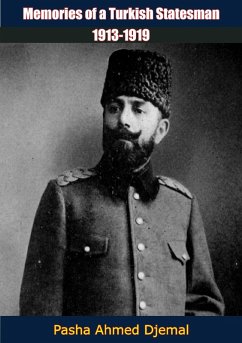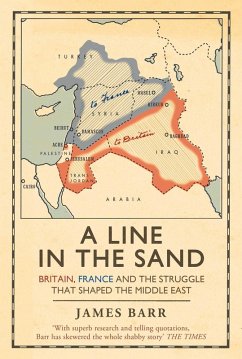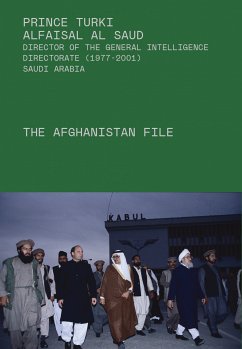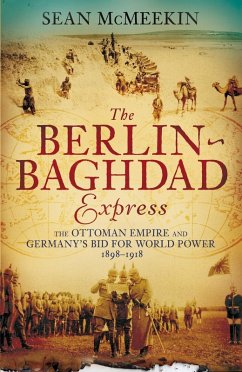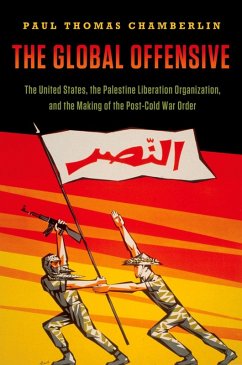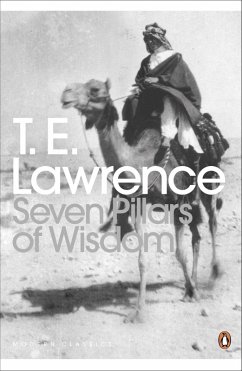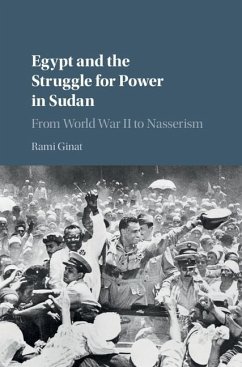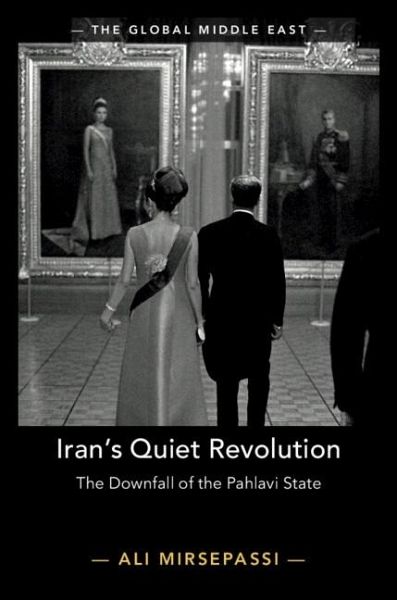
Iran's Quiet Revolution (eBook, ePUB)
The Downfall of the Pahlavi State
Versandkostenfrei!
Sofort per Download lieferbar
16,95 €
inkl. MwSt.
Weitere Ausgaben:

PAYBACK Punkte
8 °P sammeln!
Offering a new perspective on Iran's politics and culture in the 1960s and 1970s, Ali Mirsepassi challenges the prevailing view of pre-Revolution Iran, documenting how the cultural elites of the Pahlavi State promoted a series of striking 'Gharbzadegi' or 'Westoxification' discourses. Intended as ideological alternatives to modern and Western-inspired cultural attitudes, these influenced Persian identity politics, and projected Iranian modernity as a 'mistaken modernity' despite the regime's own ferocious modernisation programme. Focusing on the cultural transformations which defined the perio...
Offering a new perspective on Iran's politics and culture in the 1960s and 1970s, Ali Mirsepassi challenges the prevailing view of pre-Revolution Iran, documenting how the cultural elites of the Pahlavi State promoted a series of striking 'Gharbzadegi' or 'Westoxification' discourses. Intended as ideological alternatives to modern and Western-inspired cultural attitudes, these influenced Persian identity politics, and projected Iranian modernity as a 'mistaken modernity' despite the regime's own ferocious modernisation programme. Focusing on the cultural transformations which defined the period, Mirsepassi sheds new light on the Pahlavi State as an ideological gambler, inadvertently empowering its fundamentalist enemies and spreading a 'quiet revolution' through secular and religious civil society. Proposing a new theoretical framework for understanding the anti-modern discourses of Ahmad Fardid, Jalal Al-e Ahmad, and Ali Shari'ati, Iran's Quiet Revolution is a radical re-interpretation of twentieth century Iranian political history which makes sense of these events within the creative, yet tragic Iranian nation-making experience.
Dieser Download kann aus rechtlichen Gründen nur mit Rechnungsadresse in A, B, BG, CY, CZ, D, DK, EW, E, FIN, F, GR, HR, H, IRL, I, LT, L, LR, M, NL, PL, P, R, S, SLO, SK ausgeliefert werden.




